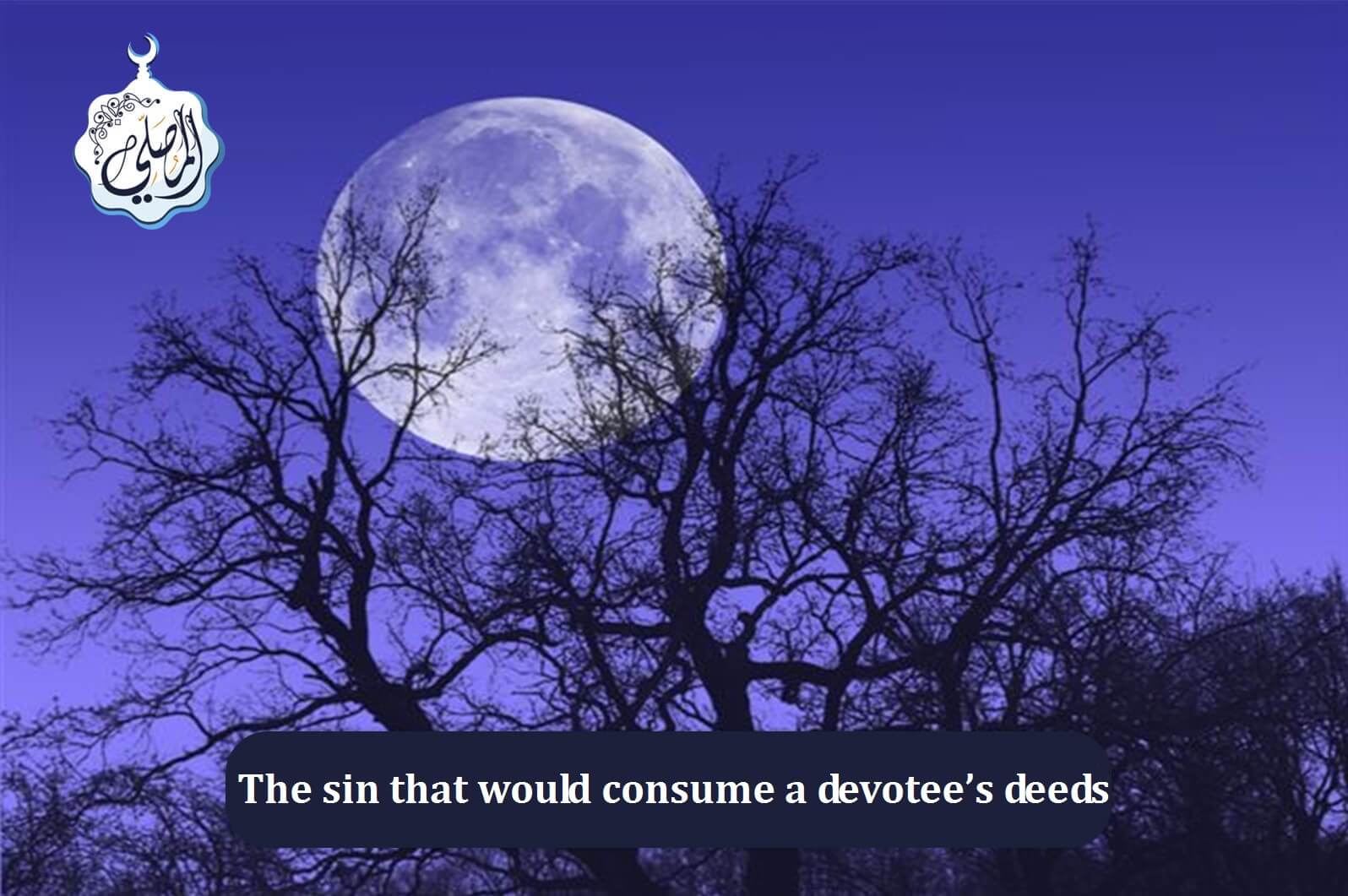
As Ramadan approaches, many Muslims find themselves reflecting on past obligations, particularly missed fasts that need to be made up. This article provides a detailed guide on when and how to make up these missed fasts, offering both practical advice and spiritual encouragement.
Understanding the Obligation
First, it's crucial to understand that making up missed Ramadan fasts is an obligation (wajib) in Islam. The Quran states: "And whoever is ill or on a journey - then an equal number of other days" (2:185). This verse clearly indicates that missed fasts should be made up on other days.
When to Make Up Missed Fasts
Before the Next Ramadan:
Ideally, missed fasts should be made up before the next Ramadan arrives. This is based on the practice of Aisha (RA), who reported that she would make up her missed fasts of Ramadan in the month of Sha'ban (the month preceding Ramadan).
After Ramadan:
If one is unable to make up the fasts before the next Ramadan, they can be made up afterwards. However, it's important not to delay unnecessarily.
Winter Months:
Many scholars recommend making up fasts during winter when the days are shorter, making fasting easier.
Mondays and Thursdays:
These days are recommended for voluntary fasts and can be excellent choices for make-up fasts as well.
Any Day Outside Ramadan:
Except for the days when fasting is prohibited (such as Eid days), any day can be chosen to make up missed fasts.
How to Make Up Missed Fasts
Intention (Niyyah):
Begin with a sincere intention to make up the missed fast for Allah's sake. This can be done the night before or just before dawn.
Keep Count:
Maintain a clear record of how many fasts you need to make up. This helps ensure you fulfill your obligation completely.
Gradual Approach:
If you have many fasts to make up, start with a manageable number each week or month. Consistency is key.
Follow Regular Fasting Rules:
Adhere to the same rules as Ramadan fasting - abstain from food, drink, and marital relations from dawn to sunset.
Enhance with Good Deeds:
Use these days as opportunities for increased worship. Engage in extra prayers, charity, and Quran recitation.
Seek Forgiveness:
If the delay in making up fasts was due to negligence, couple your fasts with sincere repentance (tawbah).
Break Fast Properly:
Remember to break your fast at sunset, preferably with dates and water, following the Sunnah.
Special Considerations
Consecutive vs. Separate Days:
You can make up fasts on consecutive days or separate days, whichever is more convenient for you.
Illness or Travel:
If you become ill or need to travel during a make-up fast, the same rules apply as in Ramadan - you can break the fast and make it up later.
Women's Fasting:
Women should not fast during menstruation or post-partum bleeding, even for make-up fasts. These days should be made up later.
Fidya (Compensation):
If someone is permanently unable to fast due to old age or chronic illness, they should pay fidya (feeding a poor person) for each missed fast.
Spiritual Aspects
Making up missed fasts is not just about fulfilling an obligation; it's an opportunity for spiritual growth. Here are some ways to enhance the experience:
Reflect on the blessings of Ramadan outside its designated month.
Use this time for self-improvement and breaking bad habits.
Increase in du'a (supplication), especially at the time of breaking the fast.
Practice patience and self-control, reminding yourself of the rewards of fasting.
Encouragement and Motivation
Remember, Allah's mercy is vast. The Prophet Muhammad (peace be upon him) said, "Allah loves to see His servant make up his missed obligatory acts of worship." (Tirmidhi)
Approach make-up fasts with a positive mindset. Each fast is a step closer to fulfilling your obligation an










 share facebook
share facebook share whatsApp
share whatsApp share twitter
share twitter share telegram
share telegram copy
copy





